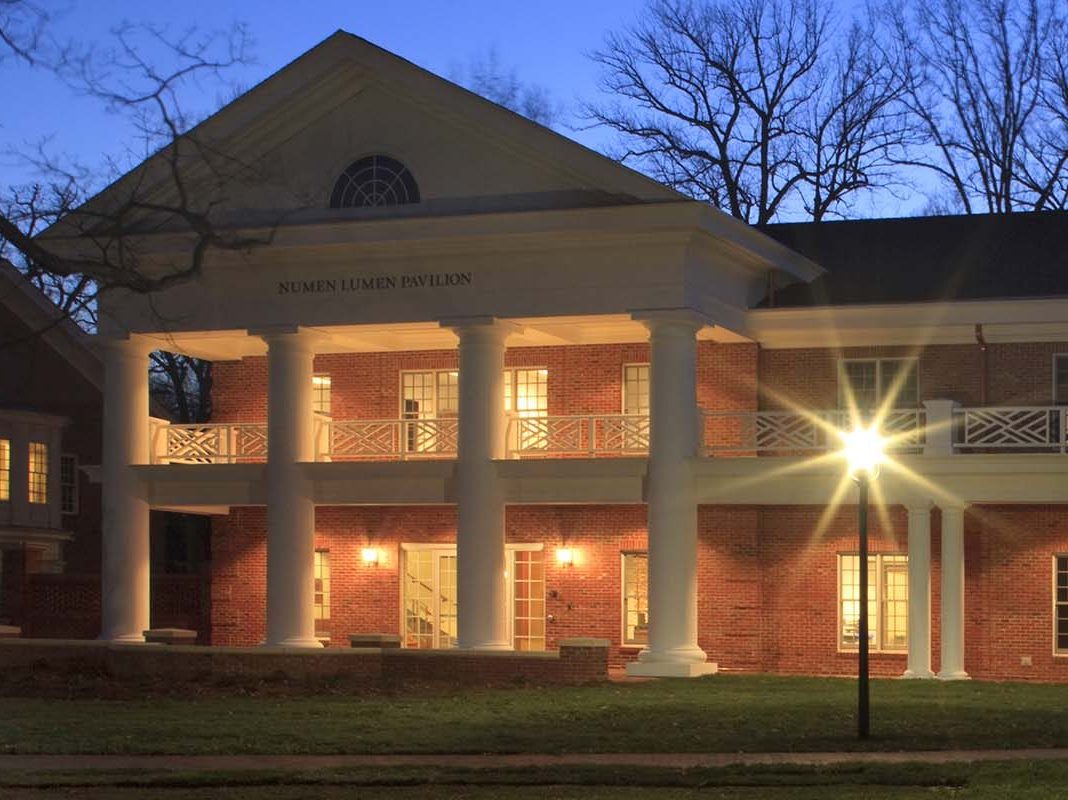The university has been accepted to the 2020 Institute on Teaching and Learning for Campus-wide Interfaith Excellence in Washington, D.C.
Elon University has been invited to take part in a unique opportunity to help advance and deepen the role of interfaith cooperation in the curriculum and fabric of colleges and universities across the nation.
The university has been accepted to the Interfaith Youth Core 2020 Institute on Teaching and Learning for Campus-wide Interfaith Excellence, hosted in partnership with the Association of American Colleges and Universities Institute on Integrative Learning and Signature Work. The Institute, scheduled for July 21-24 at American University in Washington, D.C., will bring together a select group of colleges and universities who have a proven commitment to deepening and strengthening campus-wide engagement with religious diversity and interfaith cooperation.
“I feel very humbled to be selected as a part of this community of people who are going to figure out how to do this because there isn’t a road map,” said University Chaplain Jan Fuller. “There isn’t a way that every campus needs to do it. We’re going to find our own way. So it’s a very nice honor for us.”
Five administrators, faculty or staff members from each accepted college or university attend the symposium with full funding from the Arthur Vining Davis Foundations. The team from Elon will include Fuller, as well as Randy Williams, associate vice president for inclusive excellence and civic engagement; Rochelle Ford, dean of the School of Communications and professor of strategic communications; Deandra Little, assistant provost, director of the Center for the Advancement of Teaching and Learning and professor of English; and Naeemah Clark, professor of cinema and television arts and assessment coordinator.
At the institute, each team will work to develop action plans for incorporating interfaith models into various aspects of campus, including curriculum, training for faculty and staff, campus life and other areas. Participants will attend several sessions related to their campus’ action plan and have the opportunity to consult with experts about issues surrounding interfaith education at colleges and universities.
Following the Institute, each participating school is eligible for a $5,000 grant to implement its interfaith action plan on campus.
Fuller says the university has taken many steps in recent years to further promote interfaith cooperation on campus like opening the Numen Lumen Pavilion as a multifaith center, bolstering staff to better serve the needs of the campus community and founding the Center for the Study of Religion, Culture and Society.
Interfaith education is also an important aspect of the university’s 10-year strategic plan, Boldly Elon, which in part aims to create structures and learning opportunities that engage all students, faculty and staff in advancing their intercultural and multi-faith learning and competencies.
“We’re hoping to turn out global citizens – students who will be working around the world, whose neighbors will be a different religion than they are or will have a different perspective than they have,” Fuller said. “And what we’re trying to do is give our students skills and experiences by which to interact with the world in a respectful, knowledgeable and appreciative way.”



